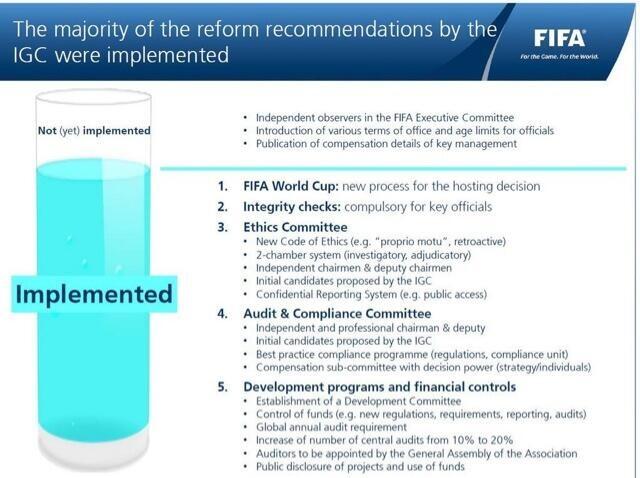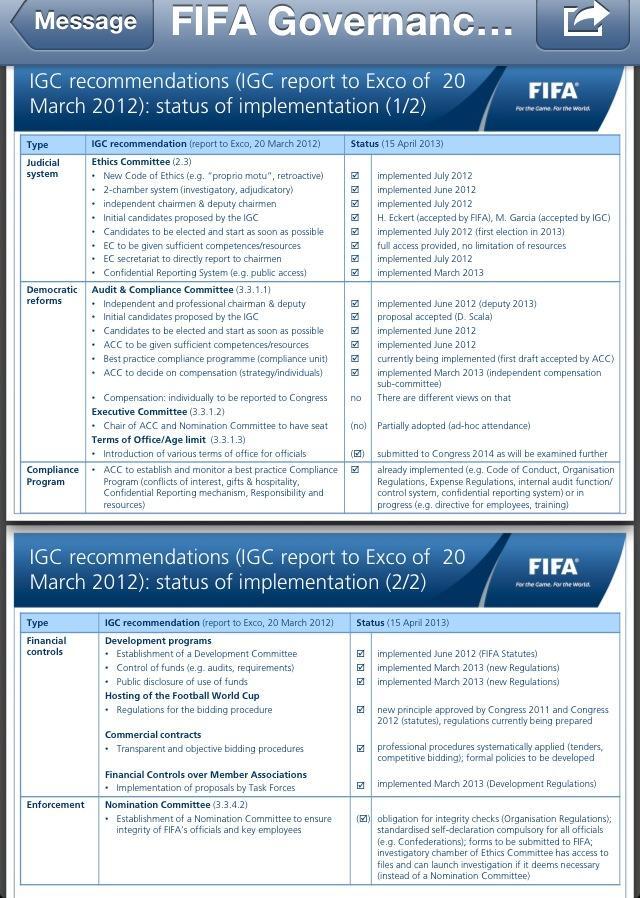by Ryan H. Law
Over the past 5 weeks we have had more than 350 graduating seniors come through our doors to receive student loan exit counseling. By the time the semester is over we will have visited with more than 500 of them.
Seeing all these seniors come through our doors has caused me to reflect on my own graduation and some things I did well as well as some things I wish I had known or done upon graduation.
Today’s tip will focus on some specific steps that I think all graduating seniors should take (but don’t worry – it’s good advice for everyone – even if you haven’t graduated yet or graduated years ago).
Become financially literate
Financial literacy in the United States is, unfortunately, not widespread. Most high school students fail a personal finance exam (less than 50% of questions answered correctly) and college students score just 62%[1]. One of the best things you can do for your future is to become financially literate. If you can take a college course in personal finance I highly recommend it. In a 3-credit personal finance class you will learn about everything on this list and you will be more financially literate by the end of the course than most people in America. If you don’t have the option to take one on campus look into one of the many excellent Open Courseware classes – you won’t get any college credit for it, but you can’t beat the price tag – free![2]
As a part of becoming financially literate I recommend you learn the fundamentals of how the U.S. economy works. Learn about the business cycle, unemployment rates, inflation and interest rates. All of these things affect your personal finances, so a basic understanding of them is helpful.
Don’t get your financial advice from amateurs
Financial advice can be found almost anywhere – it is prolific on the internet and on the bookshelves at libraries and bookstores. However, I would caution you to be careful that you are not getting your financial advice from amateurs. For example, a few years back there was a taxi driver who “figured out the system to wealth” day-trading stocks. A lot of people lost a lot of money following his advice. Be careful of advice received from friends or family about the latest “hot tip” on a stock. This tip, like all the others, will take you back to the first recommended suggestion – a good solid class will teach you much about how to win at personal finance.
Establish financial goals and take action to achieve them
You need to start thinking about some short and long-term financial goals. How soon do you want to pay off your consumer debt? How much money do you need at retirement? Do you plan to buy a home eventually? Do you plan to have children and send them to college? What are your plans for increasing your earning potential? I recommend you take some time to sit down and make some decisions about where you are financially, where you want to be, and how you plan to get there.
Learn to budget
No company would go one day without a good, solid budget. They understand how much is coming in, how much is going out and exactly where those dollars are going. You should likewise have a budget. A budget is not a record of where your money went (though that is important as well); it is a plan for where you want your money to go. Learn the process for budgeting then discipline yourself to take action and stick to your budget[3]. A key component of your budget should be to spend less than you earn and to pay yourself first. As part of your budget you should work diligently to build up a 3-6 month emergency fund.
Develop a net worth statement and update it annually
A net worth statement is a snapshot of a particular moment in time. It should list all of your assets (everything you own that is worth money) and all of your liabilities (debts). Minus your liabilities from your assets and you will come up with your net worth. You should update this annually to see how you are doing. Over time this number should increase.
Care about your credit
You should know what your credit report contains[4], what your credit score is and what steps you can take to improve that score[5]. Your credit score determines what interest rate you pay on loans, what your auto insurance will cost, if you can rent certain apartments, and in some cases if you can even get a particular job.
Pay off consumer debt as quickly as possible
Carrying consumer debt, especially credit card debt, is toxic to your financial goals. Pay it off as quickly as possible by paying more than the minimum and refusing to take on additional unnecessary debt[6].
Start saving now for retirement and take advantage of employer-sponsored retirement plans such as a 401(k) or 403(b)
If your employer offers a tax-advantaged retirement savings plan, such as a 401(k) or 403(b), take advantage of it! You will save on taxes now and can often get free money through a company “match” of your savings.
Time is your best friend when it comes to saving for retirement. If a 23-year old saves $3000 a year at 8% interest until he or she is age 65 they will have about $912,000 in the bank. If a 33-year old does the same thing they will have about $402,000. That is the power of compound interest!
Understand taxes, insurance and basic estate planning
Even if you pay someone else to prepare your tax return for you, you need to understand your own taxes. You should know your average tax rate, your marginal tax rate, and some steps you can take to reduce your tax burden. You should understand the difference between taking the standard deduction and itemizing deductions.
You also need to understand your insurance products. We spend a lot of money on disability insurance, life insurance, auto insurance, renter’s or homeowner’s insurance and other types of insurance. You should understand what your policy covers, what it doesn’t cover and how much you are paying for each one. You should occasionally check around to see if you can get lower cost insurance.
Everyone needs to do some basic estate planning. Even if you are single with no dependents you at least need a basic will, healthcare directives and a power of attorney. As your situation changes you should review these documents and update them and add other important estate planning documents as necessary.
Start an uncomplicated financial record-keeping system
You and your loved ones should know where important financial documents are and what each one is for. For example, if I were to pass away today I would want my wife to know exactly where my life insurance policies are and how to begin the process of collecting that money. The system I use is a fireproof file box with the HomeFile Organizer system[7]. With this low-cost system I can file and find auto titles, insurance policies, medical records, warranties and any other financial documents.
Give yourself an annual financial checkup
I recommend that you set aside a day each year to give yourself a financial checkup. Review your goals, your budget, your net worth, your insurance and estate policies, your savings and your debt level and determine some steps you can take to improve in each area. As part of the review I recommend you choose a new personal finance book to read over the next year. Take this opportunity to reassess where you are and determine a plan for how to get to the next level.
Conclusion
Hopefully you got some good ideas about improving your financial situation from this list. I recommend you choose just one or two things from this list that you can take action on today. As that becomes a habit you can incorporate another item until you have implemented all of them that fit your situation.
Ryan H. Law, M.S., CFP®, AFC®
Personal Financial Planning Department
Office for Financial Success Director
University of Missouri Center on Economic Education Director
162 Stanley Hall
University of Missouri
Columbia, MO 65211
573.882.9211 (office)
573.884.8389 (fax)






